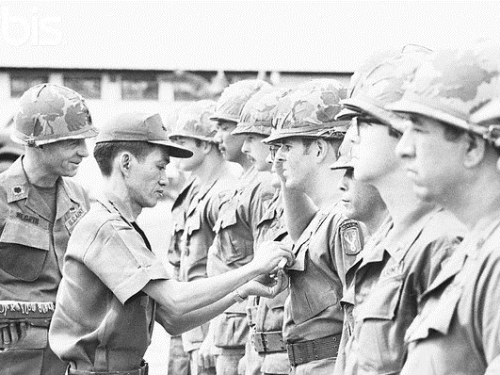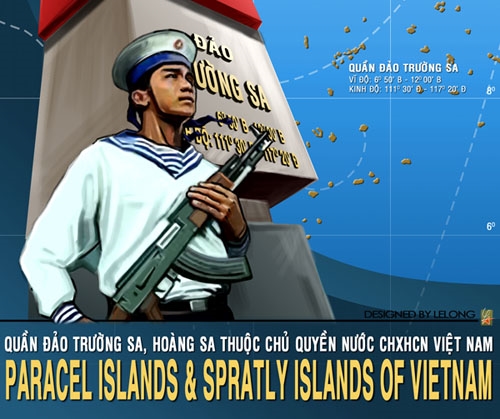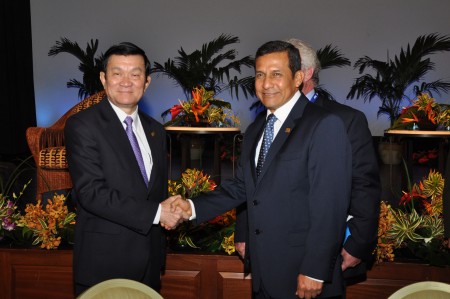
This article was originally published by Defence-In-Depth on 8 December 2014.
While the debate over American strategy in the Vietnam War has been long and bitter, it has also been strangely constricted. This stems in part from the fact it has largely been an anguished dialogue among Americans searching for the reasons which underlay their nation’s defeat. This means that a lot of research into the Vietnam War ultimately seems to boil down to a search for villains – be they firepower-mad generals, feckless politicians, or corrupt and incompetent local allies.



